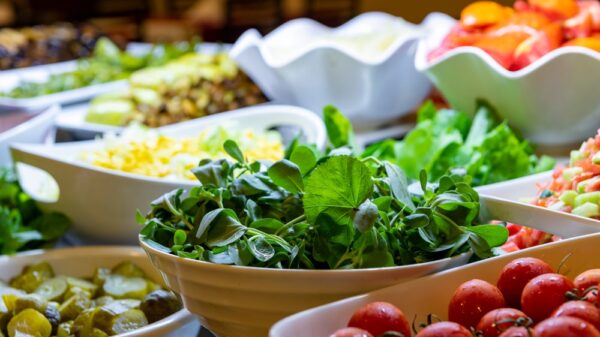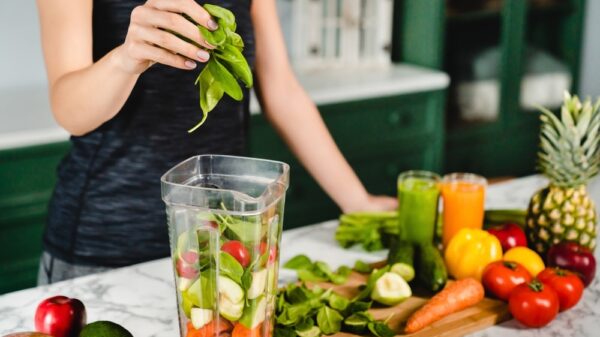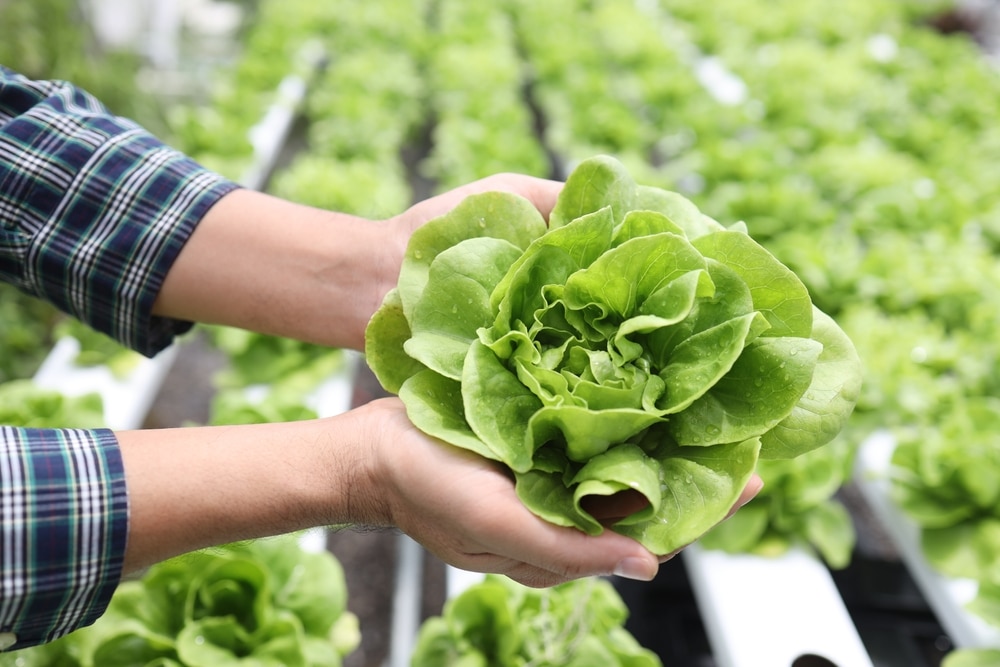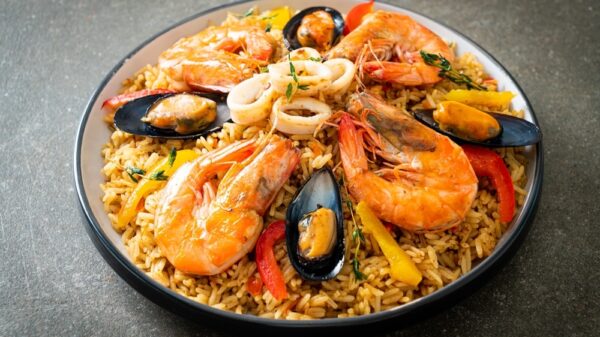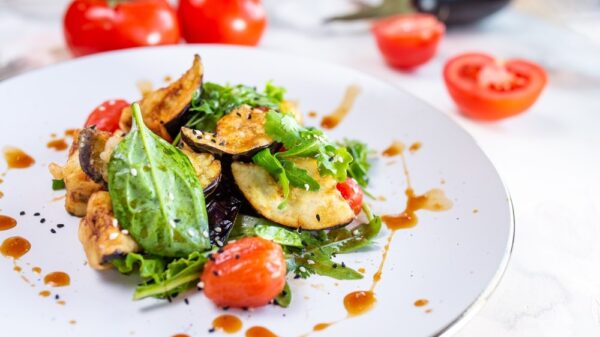When it comes to washing fruits and vegetables, starting with a clean surface is non-negotiable. And remember to wash your produce before you chop it up. Honestly, this simple act can save you from unwelcome foodborne illnesses that could derail your dinner plans. If you’re planning to include leafy greens, like lettuce, spinach, or kale in your meal, there’s one extra step you should definitely consider. Rinsing your veggies under running water helps remove dirt and pesticide residues, but adding a splash of white vinegar to your cleaning routine can really boost your efforts and lower your risk of bacteria.
You might not realize that distilled white vinegar does so much more than enhance your salads or act as your go-to cleaning agent for kitchen messes. It can also be your secret ally in the quest for perfectly clean greens! To make a food-safe solution, just mix half a cup of distilled white vinegar with a cup of water and soak your lettuce in it. This simple mix cuts through grime and helps eliminate bacteria without leaving a sour taste—just ensure you rinse the leaves well afterward to wash away any vinegar tang. No one wants a salad that tastes more like a vinegar factory than a fresh garden! After rinsing, pat your greens dry with a clean paper towel before serving; this will keep your salad crisp and delightful. Your guests will appreciate the fresh crunch, and you can breathe easy knowing you’ve taken steps for food safety.
The importance of properly cleaning your leafy greens cannot be overstated, especially when you’re in the thick of meal prep. Many people might not realize that fresh vegetables, particularly leafy greens, are surprisingly notorious for harboring potential food poisoning hazards—sometimes even more than ground meats! Raw greens like lettuce can often carry bacteria like listeria and E. coli, which can lead to some pretty unpleasant results. Cooking definitely helps eliminate these germs, but if you’re like many who prefer your salads raw or just lightly cooked, it becomes essential to wash your produce thoroughly to keep your meals safe and enjoyable.
This is where good old white vinegar comes into play as a fantastic helper in your kitchen. Thanks to its natural antimicrobial properties, white vinegar does an impressive job of tackling bacteria, including those pesky invaders like listeria, E. coli, and even salmonella. However, it’s important to keep in mind that while vinegar excels at dealing with bacteria, it’s less effective against viruses. So, if you’re incorporating it as part of your general cleaning routine at home, be aware of its limits.
Taking these extra steps for food safety not only provides peace of mind but also shows your commitment to both health and flavor in your meals. So go ahead—make your leafy greens shine, and relish the knowledge that you’ve done your part to keep your dining experience delightful and safe!





